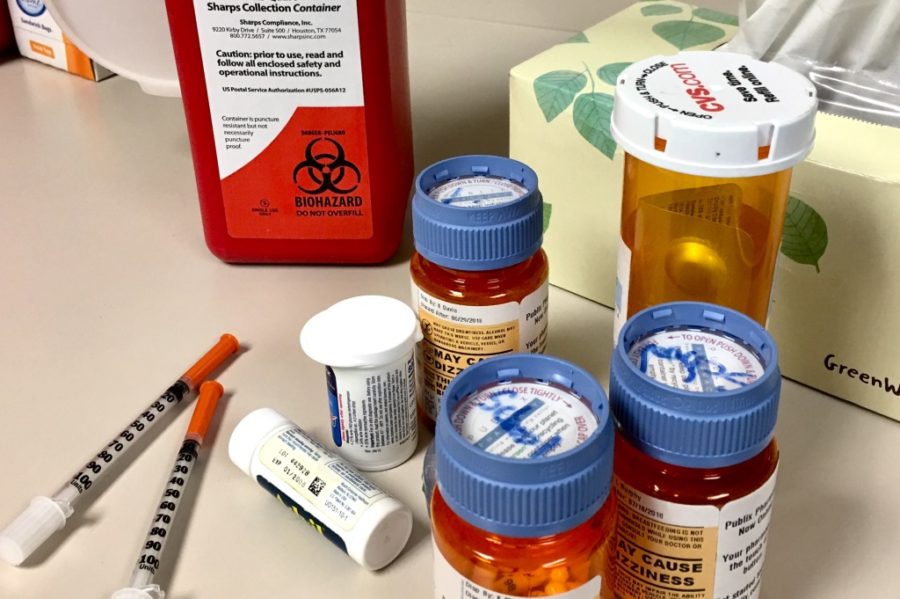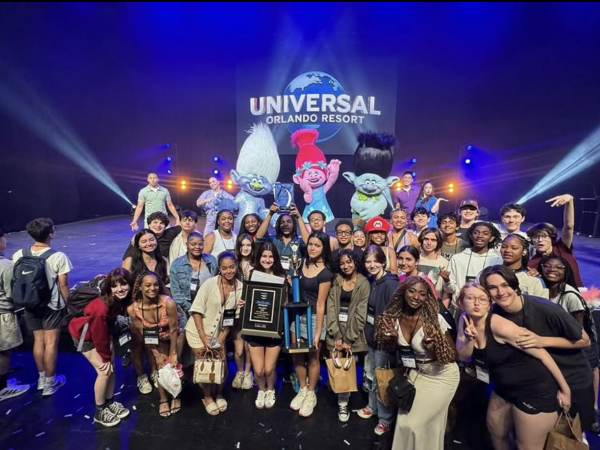The Possible Discovery of a New Cancer Vaccine
New Hope? Scientists and medical researchers have seen recent laboratory gains in the elusive search for a cure for cancer.
Ever since the beginning of their existence, there have been many creative ways that humans found ways to heal themselves, due to the wounds and illnesses that plagued them. Slowly but surely, medicine began to evolve to be able to solve more complex issues. One of the greatest advances in modern medicine was the discovery of penicillin in 1928 by Alexander Fleming and insulin in 1920 by Frederick Banting. However, a new card had recently been put on the table that just might join these life-changing breakthroughs.
A recent discovery of a cancer vaccine has been introduced in the scientific community. The research was conducted in Stanford University on lab mice. Scientists there have tested the use of stem cells on them to prevent breast, lung and skin cancer. The prospect of a cancer cure hits home for many North Atlanta students who could see a cure within their lifetimes. “It’s really awesome and obviously really important to find a cure for cancer and I think the only bad part is that it’s going to take a really long time for it to get to human trials and eventually be sold as an actual cure,” said senior Olivia Meredith.
These experiments have shown excellent results, with most of the mice developing an immune to these cancers and various other tumors. This could have potential of curing cancer altogether, something that seemed as possible as curing the common cold ten years ago.
However, nothing in the world is free and that includes a potential “miracle” vaccine that can cure cancer. “It could be unfair like if pharmaceutical companies decide to mark it up and make it extremely expensive,” said Meredith. “Which it probably will be because of huge demand.” There are broad concerns about the affordability of any future drugs and the sociological inequities these cost thresholds would entail. Programs have already been created to address these troubling issues, like the VFC (Vaccines For Children), an organization that offers important vaccines for the children of low-income families.
With the cancer vaccine on mice proving to be a success, researchers have now moved on to testing it on human patients with lymphoma. It is only a matter of time before this will be released to the public to bring about changes to the modern medicine that we know today.







